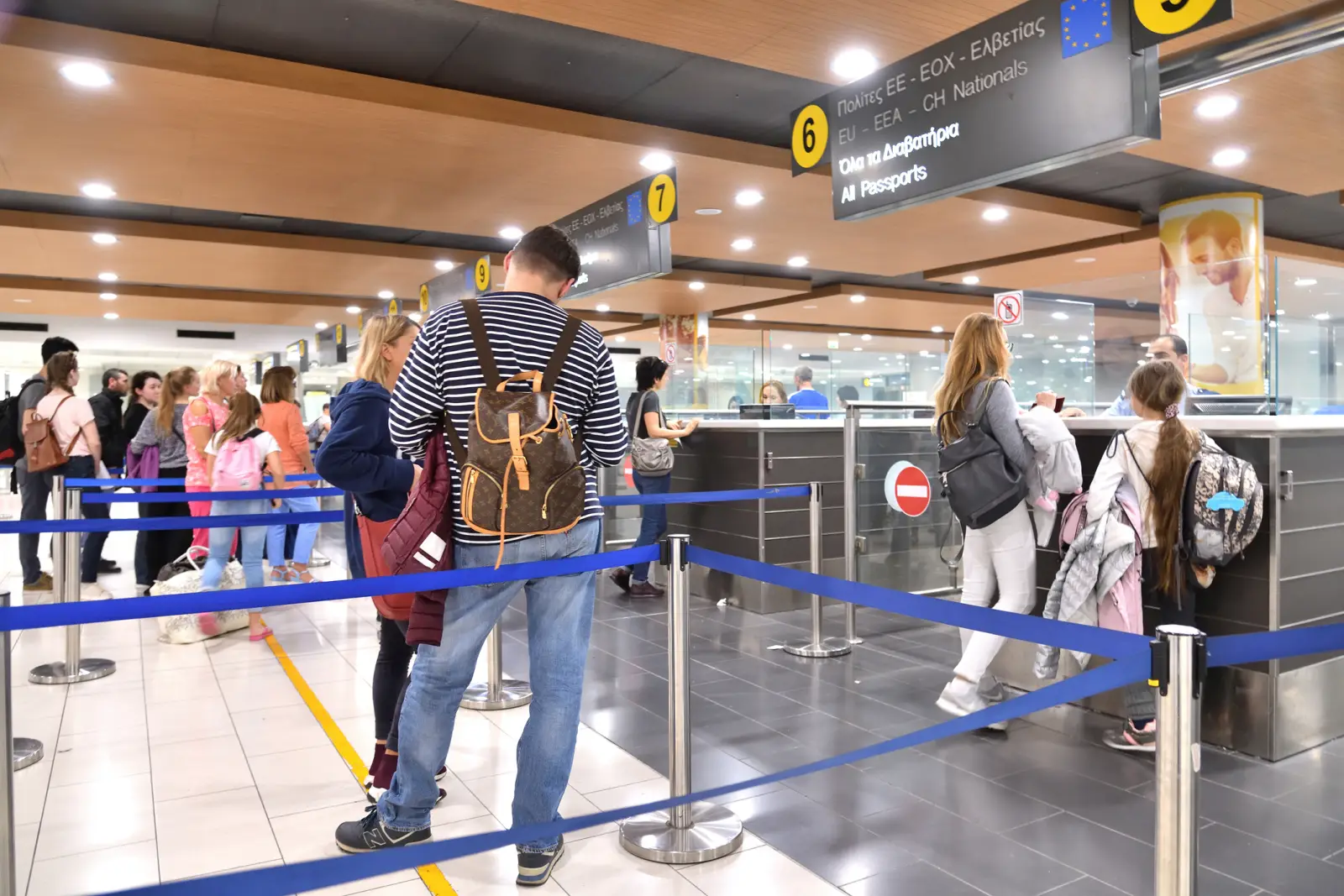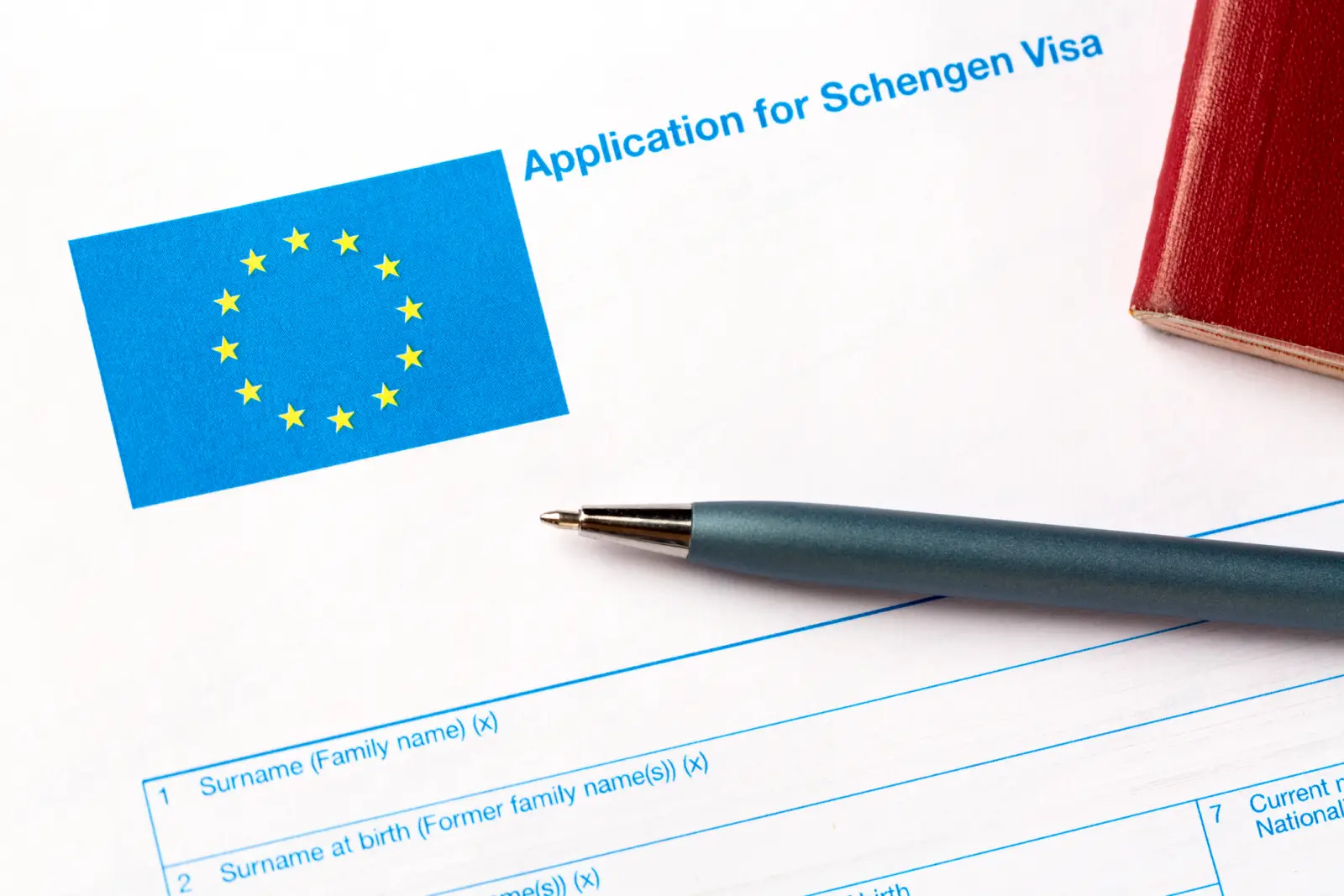European countries have recently implemented new measures that impose additional restrictions on Turkish citizens seeking Schengen visas.
These changes, particularly focused on monitoring the “appropriate use” of visas, have generated significant criticism and concern.
The new rules are seen by many as an unfair practice that singles out Turkish travelers, complicating what was already a challenging process for obtaining a visa.
The New Rules: What’s Changing?
The Schengen visa, a gateway for travel across 27 European countries, has become increasingly difficult for Turkish citizens to obtain. Over the past few years, the rejection rates for Turkish applicants have soared to unprecedented levels. However, the latest development adds a new layer of complexity.
Recently, several European nations, including Italy and Hungary, have started to enforce “appropriate usage control” checks on Turkish citizens after their travels. These controls require travelers to provide evidence that they entered and exited the Schengen zone through the country that issued their visa. Failure to comply with these requirements can result in legal consequences.
Legal Action for Non-Compliance
Consulates have started requiring Turkish citizens to provide proof that they have used their Schengen visas according to the issuing country’s regulations, a demand that has raised widespread concern.
A Turkish national who frequently travels to Europe for business described her experience: “I received a warning message after my last trip, asking me to submit proof of my entry and exit stamps. It feels like we’re being treated as suspects rather than travelers.”
Those who do not provide the required documentation or fail to respond to these warnings are reportedly facing legal action. This has raised concerns about the fairness and legality of such demands, especially given that the Schengen visa is intended to facilitate free movement across member states.
Reactions and Implications
The introduction of these controls has sparked outrage among Turkish citizens and human rights advocates, who argue that these measures are unjust and discriminatory. The Turkish Foreign Ministry has not yet officially commented on the new rules, but there are growing calls for diplomatic action to address what is being perceived as a targeted restriction.
Travel experts warn that these new restrictions could deter Turkish citizens from applying for Schengen visas altogether, potentially impacting tourism and business relations between Turkey and European countries. Ahmet Özkan, a travel consultant in Istanbul, noted, “This policy not only complicates the travel process but also creates a sense of unease among Turkish travelers who feel singled out.”
Another travel professional said, “It’s evident that organizations like TÜRSAB, the Ministry of Culture and Tourism, and even the Ministry of Foreign Affairs have not been effective in resolving the visa difficulties faced by Turkish citizens. Whenever these issues arise and the Ministry of Foreign Affairs is contacted, the typical response is, “Each country’s conditions vary. This is a matter of that country’s policy, and the Turkish government has limited influence.” In other words, travel professionals are left to navigate these challenges on their own.”













